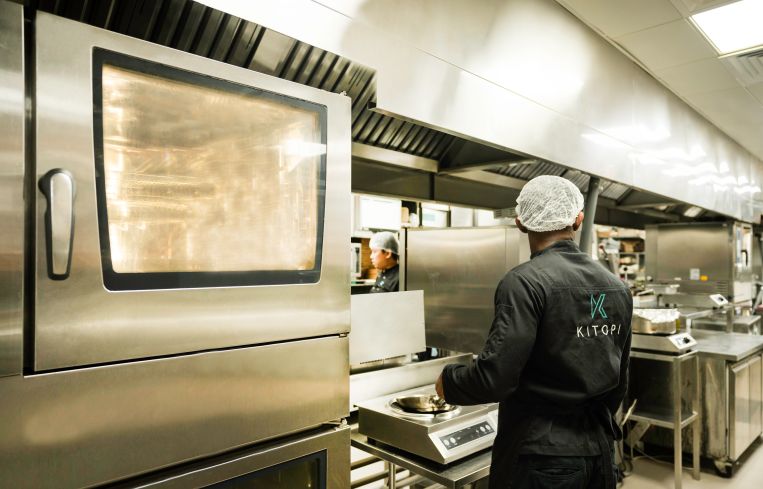Ghost Kitchen Kitopi Raises $60M for US Expansion
The company, which recently landed in New York, plans to open 50 locations nationwide this year
By Chava Gourarie February 3, 2020 12:53 pm
reprints
Cloud kitchen startup Kitopi has raised $60 million in a Series B round, to help fund its U.S. expansion.
The company, which has an established presence in the Middle East and London, plans to open 50 locations nationwide by the end of the year, and 100 globally, according to information from Kitopi.
Knollwood and Lumia Capital led the round, with the participation of Series A lead investor BECO. Other investors include CE Ventures, GIC, Rise Capital, Reshape, Global Ventures and Wilshire Lane Partners.
The startup, which provides staffing and space for delivery-only restaurants, started its expansion into the United States last November, when they opened their first stateside location in Brooklyn, followed shortly after with a second location in Manhattan, as Commercial Observer previously reported.
Beyond the U.S. and global expansion, the funds will also go towards developing Kitopi’s smart kitchen platform, which uses technology to streamline operations, manage inventory, and connect with third-party delivery apps, according to Kitopi. The new round brings the total raised to $89 million since Kitopi’s founding in 2018, according to Crunchbase.
Kitopi currently manages more than 30 ghost kitchens globally, in the Middle East, London and New York, and is partnered with over 100 restaurants. It was founded by Mohamad Ballout, Saman Darkan, Bader Ataya and Andres Arenas.
Kitopi is competing with cash-rich competitors like Travis Kalanick’s CloudKitchens, the Softbank-backed Reef Technology, and Kitchen United, though each has a slightly different model.
The ghost kitchen sector, in which companies offer managed kitchen space for restaurants, has experienced rapid growth over the last year, in response to increasing demand for food delivery. Ghost kitchens offer restaurants the infrastructure to meet delivery demand, which can comprise upwards of 30 percent of revenue.
Kitopi declined to comment beyond its prepared remarks.



